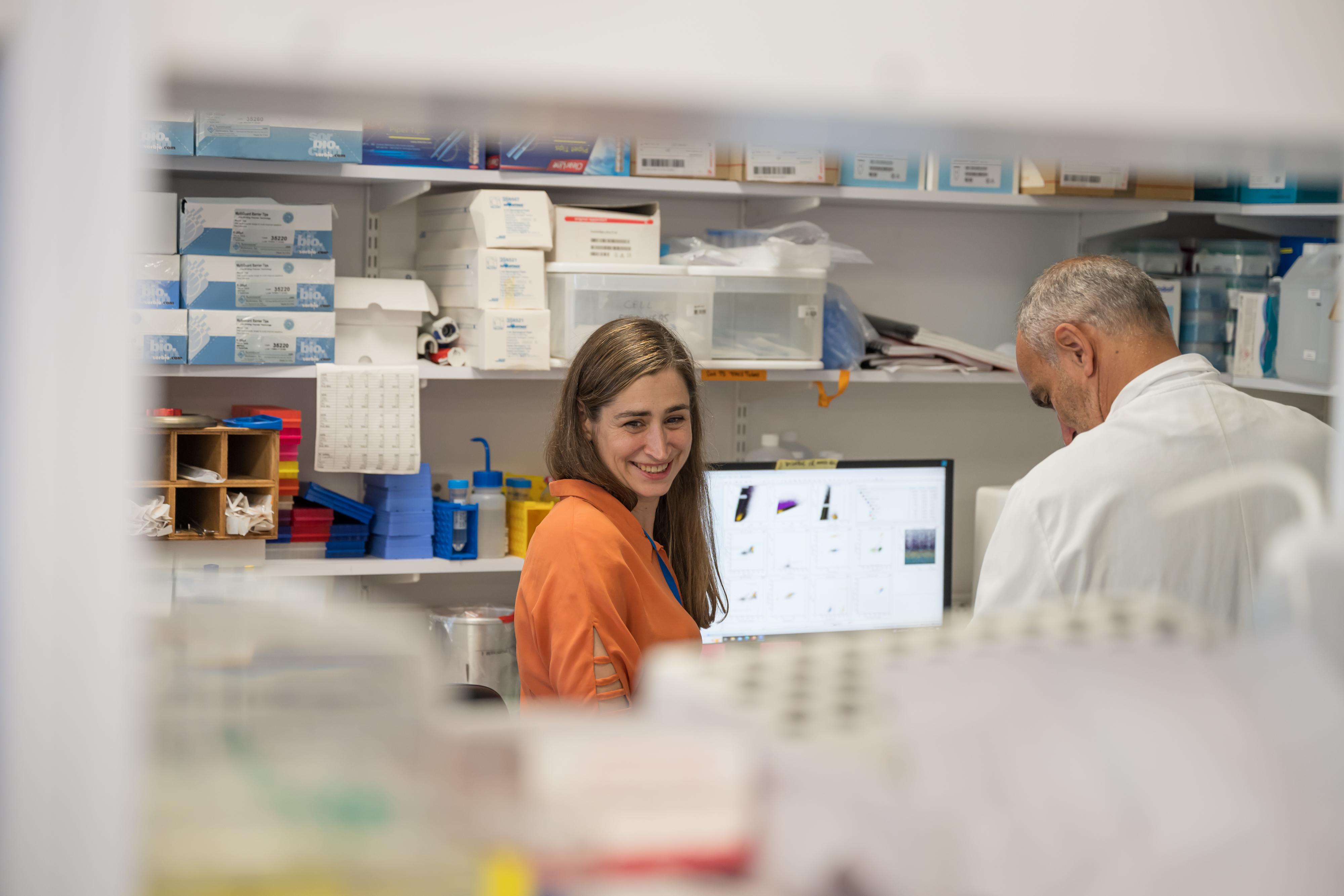A mother, pregnant with her second child, has developed gestational pemphigoid, a rare autoimmune skin and mucous membrane disorder that manifests as allergic reactions all over the body.

- Pregnant mom develops allergy to her own baby
- Pemphigoid gestationis is a rare disease that affects one in every 20,000 to 50,000 pregnant women.
Itchy, blistered red patches like “nettle stings”…that’s what appeared on Fiona’s stomach, a 32-year-old British girl in the 7th month of her pregnancy whose story is reported by the magazine Parents.
It wasn’t until she gave birth and the plaques were blistering all over her body that the medical team, who had been blaming their reactions on the stress of pregnancy, did further testing and discovered that Fiona was in pain. actually pemphigoid gestationis.
“It’s horrible for a mother”
This condition, also called “pemphigoid of gestation” is a rare autoimmune bullous dermatosis.
Occurring most often in the second or third trimester of pregnancy, it causes a breakdown in immunological tolerance between the mother and the fetus: the immune system mistakenly produces antibodies against itself.
“When I was diagnosed, it was a shock. First because it’s a rare condition and it happened to me. Second, because I felt like I had been allergic to my own baby. It’s horrible for a mother!”, testifies Fiona.
It will take him six months of treatment with corticosteroids administered orally and cutaneously to overcome it.
Risks to the fetus
This rare and impressive disease is not yet well recognized by the medical profession while the risks for the fetus exist: a very early onset and the presence of multiple bubbles are associated with a risk of prematurity and hypotrophy underlines the High Authority for Health.
We speak of hypotrophy when the baby is born at term but weighs less than 2.5 kg, according to the WHO.
In the case of Fiona, a midwife and already the mother of a 3-year-old girl who is therefore rather informed about pregnancies, a dermatologist had explained to her that the body can sometimes have “funny reactions at the end of pregnancy”.
A month before giving birth, when she panics and goes to the emergency room of Basingstoke hospital in the south of England, it is put down to the stress, the anguish of childbirth and he is only prescribed a few corticosteroids.
The High Authority of Health advises professionals to think of pemphigoid gestationis when a pregnant woman presents with intense pruritus and urticarial plaques predominant on the stomach.
If this disease is suspected, a dermatologist will perform a biopsy to confirm the diagnosis.

















